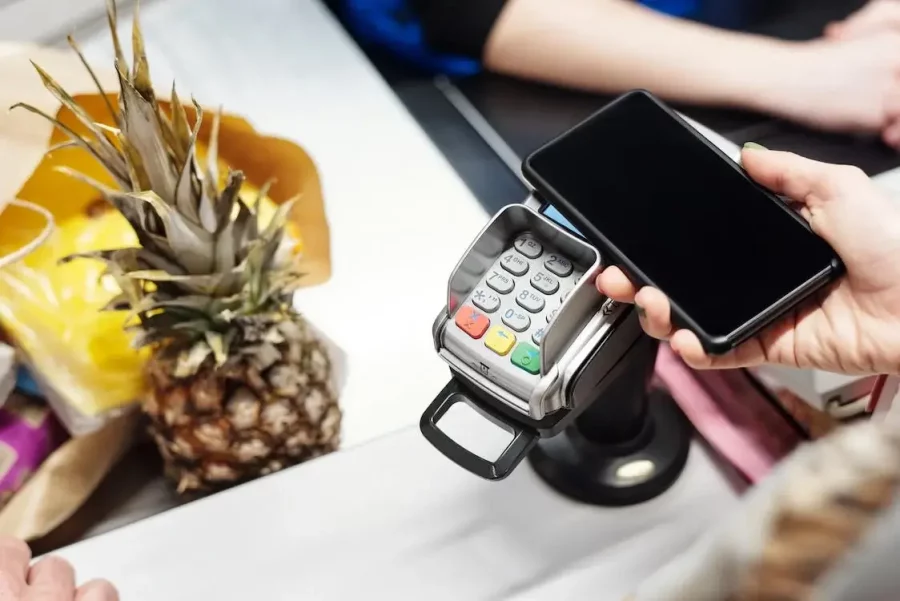When you have a bill to pay, you’ll naturally want to get it out of the way quickly. Nobody wants to deal with late fees and other penalties. Autopay helps with this, as it automates the process.
You shouldn’t have to worry about paying any bills late with them. That doesn’t mean it’s always the best approach. Both options offer their pros and cons, but it’s sometimes worth going with a manual approach when you have a bill to pay.
It’s worth looking at five bills you might be better off paying manually. You’ll end up avoiding more than a few penalties once you do.
Manual vs. Autopay: What’s the Difference?
Before looking at the bills you should pay manually, it’s worth looking at what this is and how it’s different to using an autopay service. As the name suggests, paying manually means either going into your bank or using an app to pay your bill.
You’ll have to manually enter the amount, put in the account you’re sending it to, and more. This naturally takes a bit of effort, and you’ll have to make sure you pay on time. Autopay takes all of the effort out of this, and pays your bills automatically.
It means there’ll be less stress involved, and you don’t need to worry about being late. That being said, it isn’t always the best approach to take. With five particular bills you need to pay, it could be better worth doing them manually.
It’ll make sure you pay the right amount while avoiding any issues.
Bills You Should Consider Paying Yourself: 5 Top Picks
1. Water
How high your water bills are are tied directly to how much water you use. That means it is almost impossible to predict. You’re not going to know exactly how much the bill is until you get it. As a result, using an autopay for it can be relatively difficult. You might want to pay a water bill manually purely out of necessity rather than anything else. Autopay just mightn’t be enough to get it paid properly.
2. Phone Bills
Everyone has to pay for using their phone. This goes to being able to send texts and make calls, to even how much internet data you can use. While you could have signed a set-rate contract, it’s possible you have one that means your phone bills could go up and down. It could be directly tied to how much you use it. If you use autopay, you can’t keep track of this. By doing it manually, you can, and you could keep your phone bills down much better.
3. Gas & Electricity
Like your water bills, your gas and electricity bills can be almost impossible to know beforehand. While you could have an estimate, this will be relatively general. Because of that, you can’t exactly plan out your autopay for them. By paying them manually, you can make sure you pay how much you actually owe. Underpaying could lead to problems, after all.
4. Housing Taxes
If you own your house, you’ll have a few taxes to worry about during the year. While you’d usually expect these housing taxes can be automated, they don’t always can. Instead, they could go up and down at different times. In many cases, the taxes are based on the estimated value of your house. Since this can fluctuate, so can your housing taxes. You’re better off paying manually to avoid under-paying.
5. Broadband
Like your phone bills, it’s possible that your broadband rates could go up and down. That’s especially true if your rates depend on how much you actually use the service. If you have one of these contracts, it’s always worth paying it manually. You can keep better track of your internet usage and costs because of that.
Wrapping Up
When you have quite a few bills to pay, it’s easy to see why using an autopay service would be appealing. It makes sure your regular bills are paid without you needing to worry about it. It’ll be done automatically, so you’re free to forget about it.
That doesn’t mean it’s always the best option to take, however. There are plenty of times when you’re better off paying a bill manually.
When the cost of the bill can vary, you’ll be better off doing it manually. You’ll make sure only how much you owe is what goes out. It’ll avoid you over- or under-paying, both of which could lead to various penalties.
Know which one to go with.
